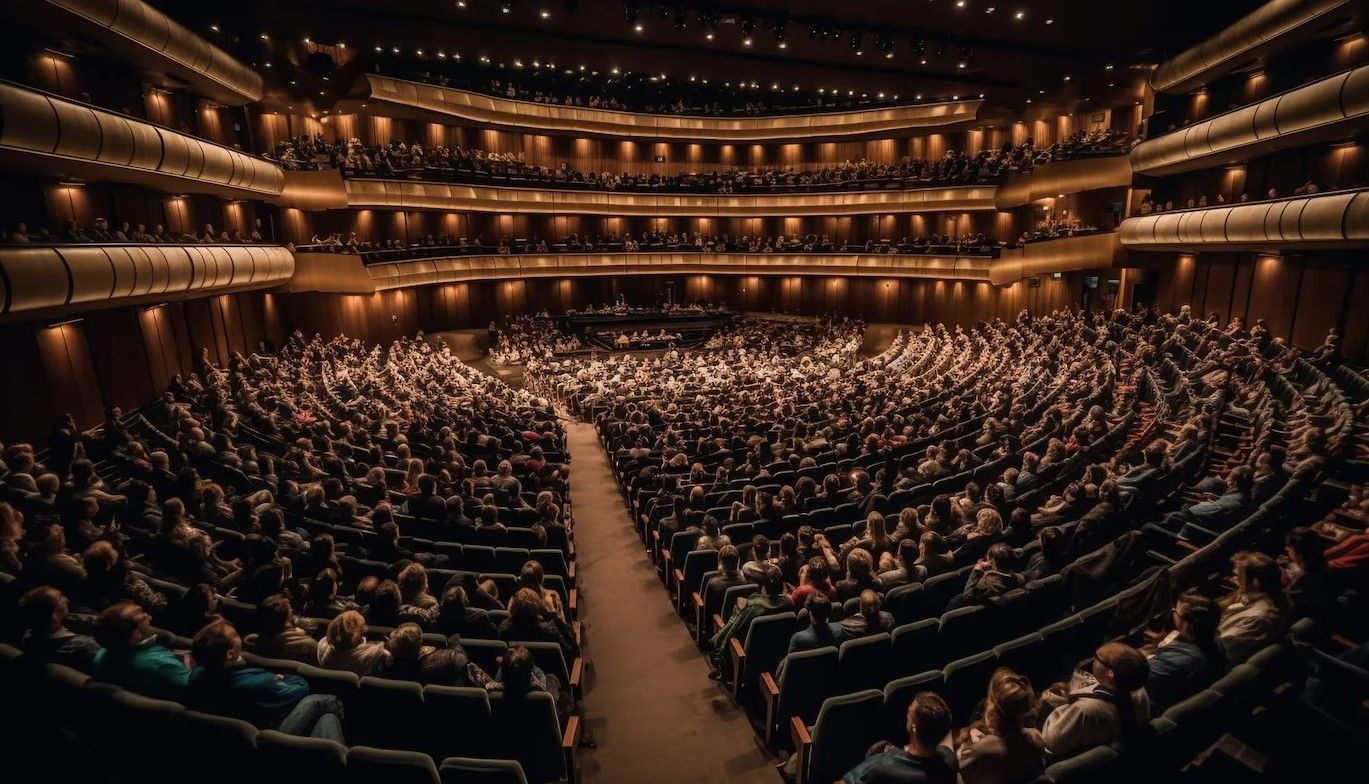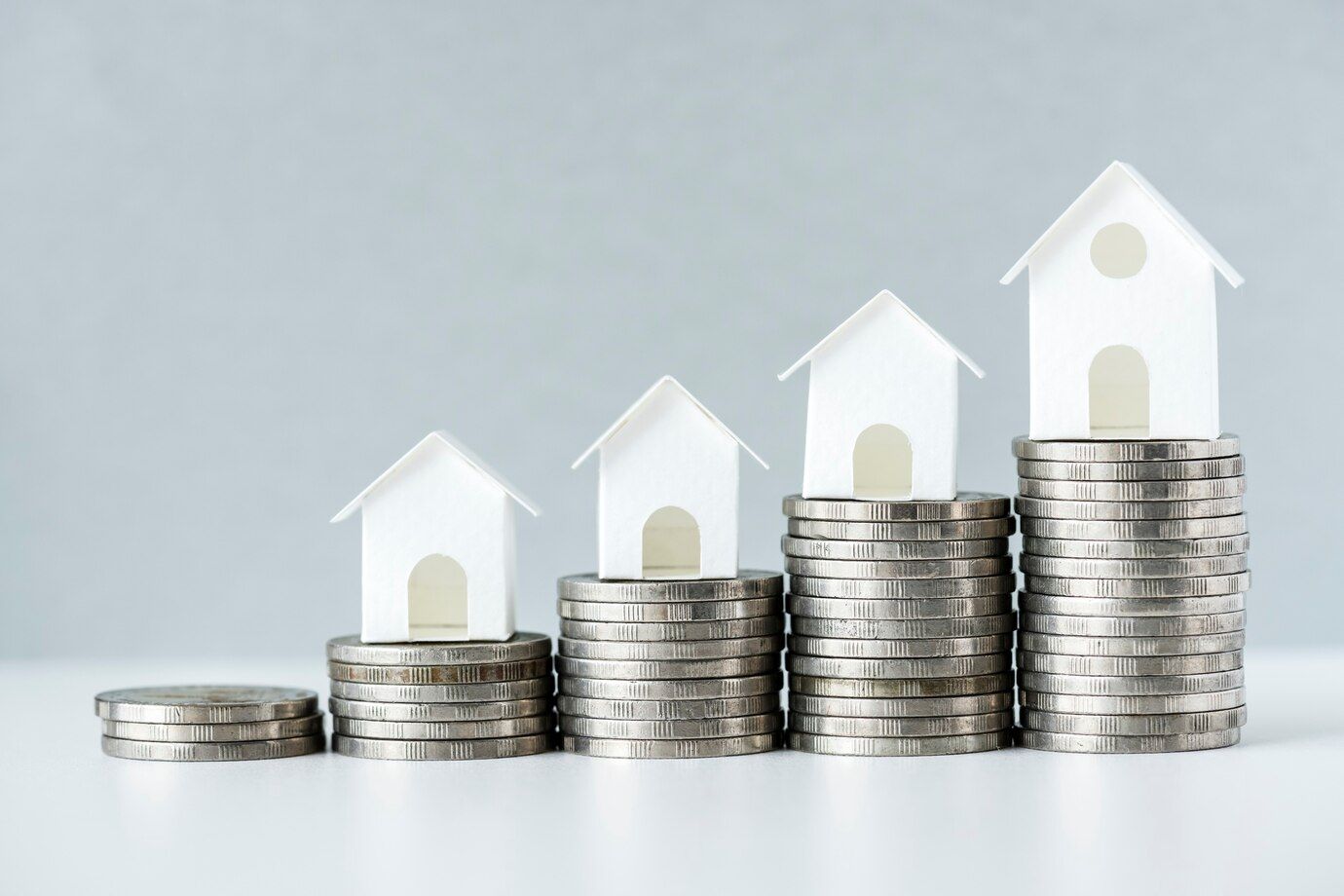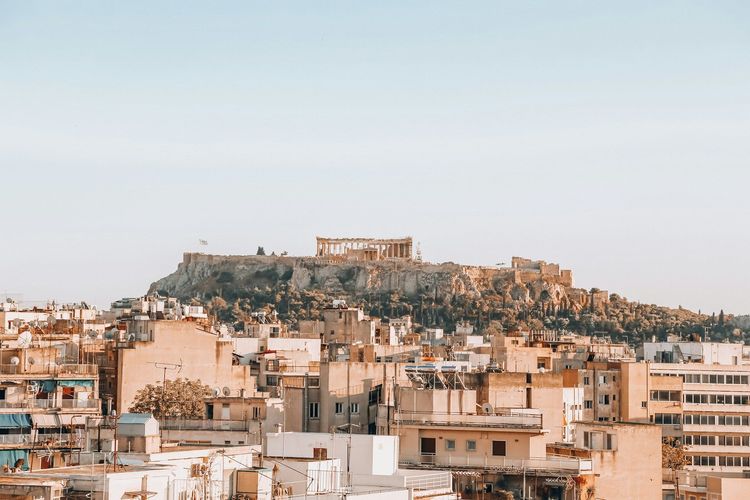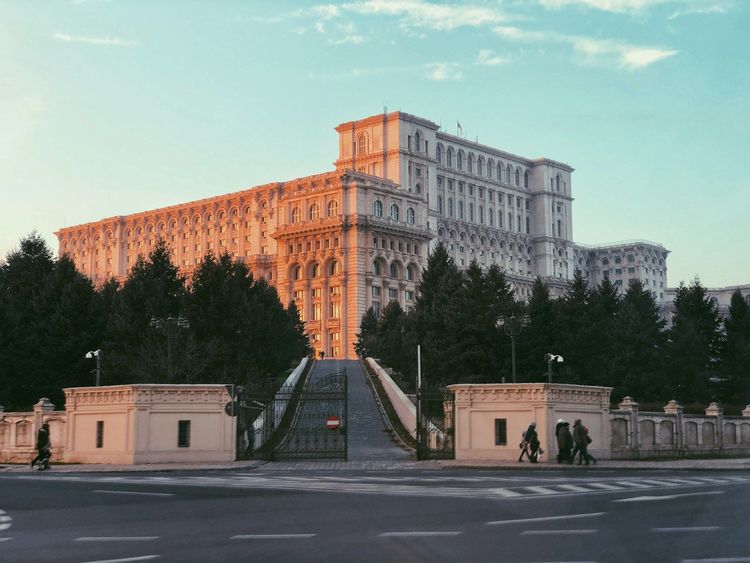Living in Russia is a multifaceted experience, where modernity meets tradition, and large cities offer residents and visitors a wide range of opportunities. However, one of the most important questions for those planning to move or already living here is the cost of living. In this article, we take a closer look at the key aspects: how much housing costs in different regions, how utility rates vary and how much you can expect to pay for groceries. Dive into the details of life in Russia and learn how to plan your budget!
Total Cost of Living in Russia
The cost of living in Russia depends largely on the region you live in, and the difference between major cities and less populated regions can be significant. To appreciate the big picture, it's important to look at the main cost items: housing, utilities, food and transportation.

Housing
In Moscow and St. Petersburg, the cost of renting and buying real estate is much higher than in most other Russian cities. In the capital, for example, the average cost of renting a one-room apartment within the city is from 50,000 to 70,000 rubles per month, and in the central districts it can be up to 100,000 rubles and more. In St. Petersburg, renting such housing is a little cheaper - on average from 40,000 to 60,000 rubles.
For comparison, in smaller cities, such as Yekaterinburg, Novosibirsk or Kazan, renting a one-room apartment will cost 25,000-35,000 rubles per month. In smaller cities and towns, the cost of housing can be even lower - about 10,000-20,000 rubles for a month's rent.
As for buying real estate, the average price per square meter in Moscow exceeds 300,000 rubles, while in St. Petersburg it is about 200,000 rubles. In the regions, the price per square meter can start from 60,000 rubles.
Utilities
Expenses for utilities (electricity, heating, water and gas) also vary. The national average for utilities is 5,000-8,000 rubles per month for a 40-60 square meter apartment. In Moscow and St. Petersburg, these costs can reach 10,000 rubles and more, depending on the type of housing and the time of year, especially in winter, when heating costs increase.
Foodstuffs
Food prices in Russia depend on both the region and the stores chosen (supermarkets, farmers' markets or hypermarkets). Here are some indicative prices for basic products on average across the country:
- Milk (1 liter) - 80-100 rubles;
- Bread (500 grams) - 50-70 rubles;
- Eggs (10 pieces) - 100-130;
- Potatoes (1 kg) - 30-50;
- Meat (beef or pork, 1 kg) - 400-600;
- Apples (1 kg) - 100-150 rubles.
For example, the average monthly grocery basket for one person costs 10,000-15,000 rubles per month. In large cities this amount may be higher, and in small towns it may be lower.
Transportation
The cost of public transportation also varies from city to city. In Moscow, a subway or bus fare costs about 60 rubles per trip, while in regional cities such as Samara, Ufa, or Voronezh, a single trip costs about 30-40 rubles. Many people prefer to buy passes, which allows them to save significantly: a monthly pass in Moscow costs about 2,500 rubles, while in other cities it costs between 1,000 and 1,500 rubles.
As a result, the total monthly living expenses in Moscow for one person can amount to 70,000-100,000 rubles, while in regional cities this amount will be less - about 30,000-50,000 rubles.
The cost of entertainment and medicine in Russia
When thinking about living in Russia, an important part of planning is understanding the costs of everyday activities, including entertainment and medical services. Russia is a country of contrasts, where depending on the city and region, price levels can vary greatly. However, living in large metropolitan areas such as Moscow, St. Petersburg or Yekaterinburg involves a higher level of spending than in smaller cities.
Entertainment
The entertainment industry in Russia is rich and varied. Prices for different types of leisure activities depend on the format of the event and the city. In large cities it is possible to enjoy a wide range of entertainment:
- Cinemas - a ticket for a regular session costs on average from 400 to 800 rubles, but for premieres and films in 3D or IMAX, the price can reach 1000-1500 rubles.
- Theaters and concerts - the cost of tickets for cultural events can vary greatly. Tickets for performances in large theaters, such as the Bolshoi Theater in Moscow, start from 3000-5000 rubles, while in the regions you can attend performances at a more affordable price - from 1000 rubles. Concerts of popular performers and large groups usually cost from 2,000 to 8,000 rubles per ticket, depending on the category of the place and the popularity of the artist.
- Restaurants and cafes - the cost of dinner in an average restaurant ranges from 1500 to 3000 rubles per person. In more fashionable establishments in the capital, prices can exceed 5000 rubles per dinner. At the same time, cafes and canteens offer more affordable dining options, starting from 500 roubles for a full meal.

It is also worth noting that there is a wide range of active recreation in Russia, from skiing in mountainous regions to visiting fitness centers and swimming pools. A subscription to a fitness center costs an average of 2,500-5,000 rubles per month, and a single visit to a swimming pool costs about 300-800 rubles.
Medicine
The health care system in Russia is divided into public and private. State medical institutions provide services under the compulsory medical insurance (CMI) policy, which is available to all residents of the country, including foreigners with residence permits. However, the quality of services in state clinics can vary, and sometimes you may encounter queues.
Private medicine offers more comfortable service and access to modern technologies, but it will cost more. Approximate prices for medical services in private clinics are as follows:
- An initial appointment with a therapist or specialist costs from 1500 to 5000 rubles, depending on the region and the status of the clinic.
- Diagnostic procedures, such as ultrasound or MRI, can cost from 2000 to 10000 rubles.
- Scheduled surgery in a private clinic can cost from 50,000 rubles and more, depending on the complexity of the intervention and the technology used.
In addition, there are insurance programs of voluntary medical insurance (VMI), which include an expanded range of services and offer access to private medical institutions. The cost of such a policy varies from 10,000 to 100,000 rubles per year, depending on the coverage and the program chosen.
Pharmacies and medicines
Medicines in Russia can be purchased with or without a prescription. The cost of medicines is often lower than in Europe or the United States, but may depend on the region and the specific pharmacy. For example, a pack of basic painkillers (paracetamol or ibuprofen) will cost about 50-200 rubles, while prescription drugs can cost considerably more.
Thus, Russia offers a wide range of both affordable and premium options for recreation and medicine. The choice depends on personal preference and budget, and the healthcare and entertainment system in major cities caters to the needs of locals and expats alike.
Overall, salary levels in Russia show significant variation by geography and industry. This is important to consider when planning to work and relocate to different regions of the country.
Obtaining a residence permit in Russia
We at One World Migration are dedicated to helping you obtain a residence permit in Russia for your investment. Our services include both organization of obtaining a residence permit and other services aimed at maximum simplification of procedures and convenience of relocation. For more information about the program, please visit our website.





